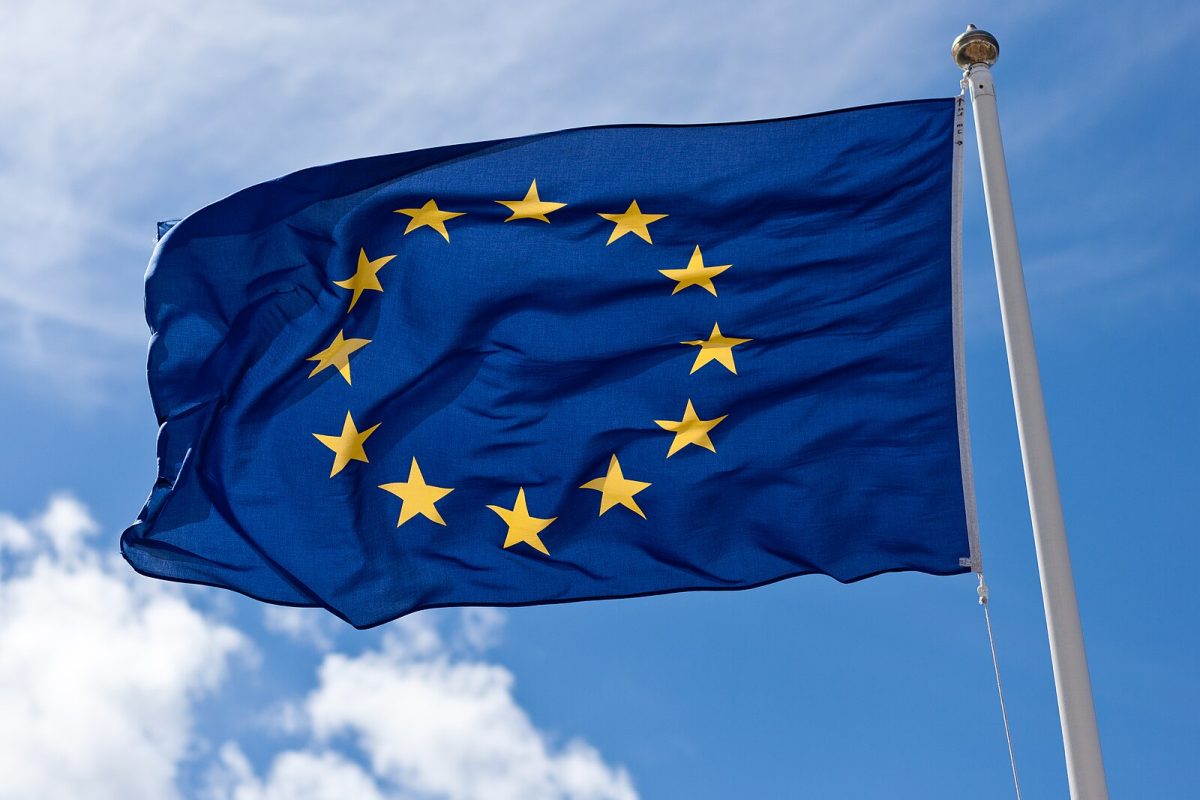When most people think about war in Europe today, their mind immediately goes to the Russia-Ukraine War, where troops fight on the frontlines and the two sides regularly trade missile and drone strikes.
Unfortunately, the war in Ukraine is only part of the larger threat that Europe faces from Russia. Reports of drones flying overhead in Poland, Germany and even Denmark are the Kremlin’s most recent attacks as a part of a larger hybrid war against the European Union and the North Atlantic Treaty Organization.
The shady fleets of unidentified ships cutting important underwater cables and smuggling oil, cyberattacks on critical digital infrastructure and arson on military factories and Ukraine-connected businesses have all been additional methods that Russian-backed forces have historically used to undermine Europe’s unity and security.
Deterring these subtle acts of aggression is of vital importance to Europe, but the continent faces many obstacles in providing the decisive and forceful response needed. Using missiles that cost a million dollars to shoot drones that cost upwards of $10,000 is cost inefficient, and drones often fly low and can be hard to track.
The EU’s archaic and painfully slow structure makes quick counteraction difficult, and the need for unanimous agreement for most foreign policy laws gives Russian-friendly EU members like Hungary and Slovakia veto power over the rest of the bloc. International law creates difficulties in converting frozen Russian funds into weapons for Ukraine and makes striking sketchy ships legally perilous. Despite these restraints, Europe still has paths forward to solve this problem, but it requires a stomach for risk.
Europe’s technical problems are first in line. Creating better tracking technology to pinpoint drones that fly into its airspace will be crucial, as is engineering cheaper missiles to shoot them at a more resource-efficient pace. Developing and deploying more deep-sea sensors around important infrastructure will help track the movements of Russia’s shadow fleet of ships in Europe’s waters and create greater risks for captains and crew who skirt the law.
To develop this new technology, Europe will have to invest in research and development and bring in top talent. Europe should capitalize on the fallout of deep R&D cuts in the U.S. university system to poach top international talent to their countries.
Europe can also crack down on Russia’s tactics by imposing stronger laws and regulations. The shadow fleet that does Russia’s bidding on the high seas are often registered in small or even fake jurisdictions. Passing new rules to crack down on these phony registries in Europe’s sovereign waters and ports will help prevent smuggling and sabotage. Estonia became the first European country to allow its military to use force against unidentified ships damaging their infrastructure, all while still adhering to international law. Other countries should follow suit.
The final front of this war is one of political will. Europe’s leaders must take a harder stance on Russia’s crimes and terrorism, in case it continues to be subject to it. The EU must weaken the veto power of Russian-friendly countries like Hungary that jeopardize the security of all of Europe. Europe must also follow its plan to finally use frozen Russian funds to help Ukraine’s war effort.
European leaders must not be afraid to use every lever they have to go tit-for-tat with Russia when appropriate. Relearning Cold War-style escalation management is imperative to Europe’s survival as a free and unified continent.
Some people might argue that while Europe does need to progress in their attempts to counter the Kremlin’s aggressive actions, it has been right to tread as cautiously as they have in recent years. Europe does not want to act too aggressively and risk escalating this hybrid war, which would only feed the Kremlin propaganda machine and possibly create an international crisis.
Europe is also filled with democracies, and pushing too hard on sanctions or port regulation can cause economic hardship that sweeps governments out of power.
Despite the risks that Europe could face by having a more aggressive deterrence of Russia, the greatest risk of all is becoming weak and unprepared. Vladimir Putin has grand dreams of undermining both NATO and the EU in order to expand his power. Only a unified and powerful Europe can prevent those dreams from becoming reality.






